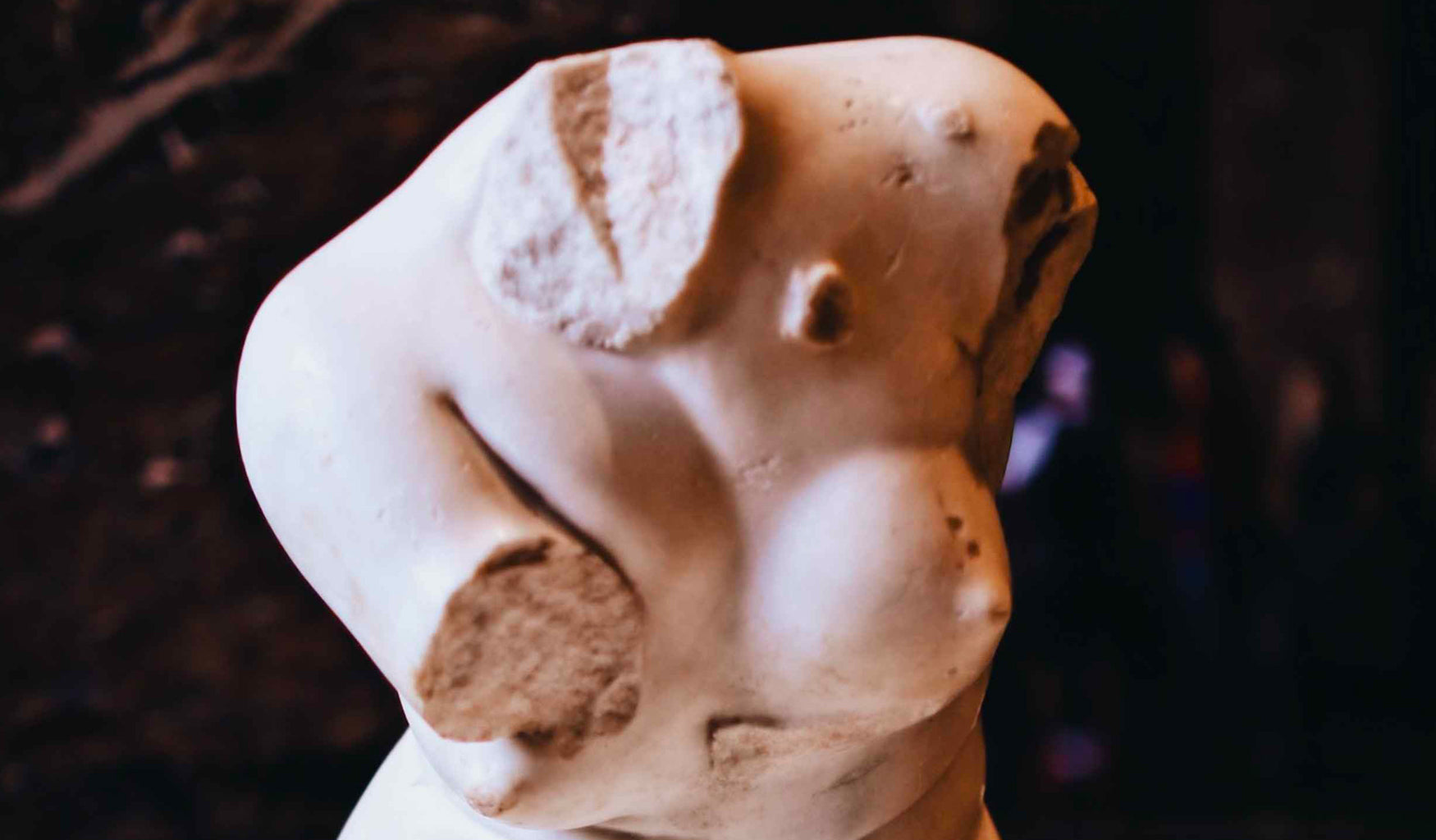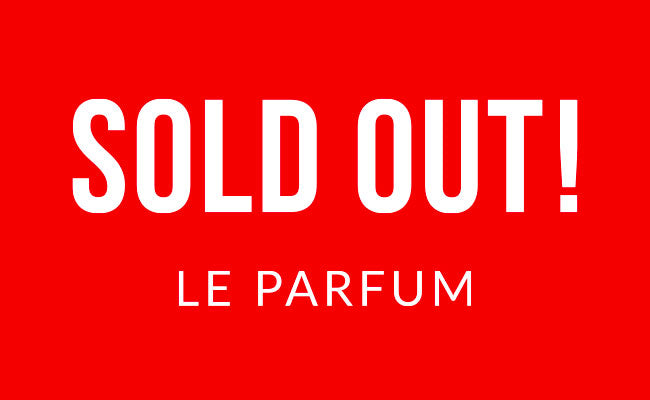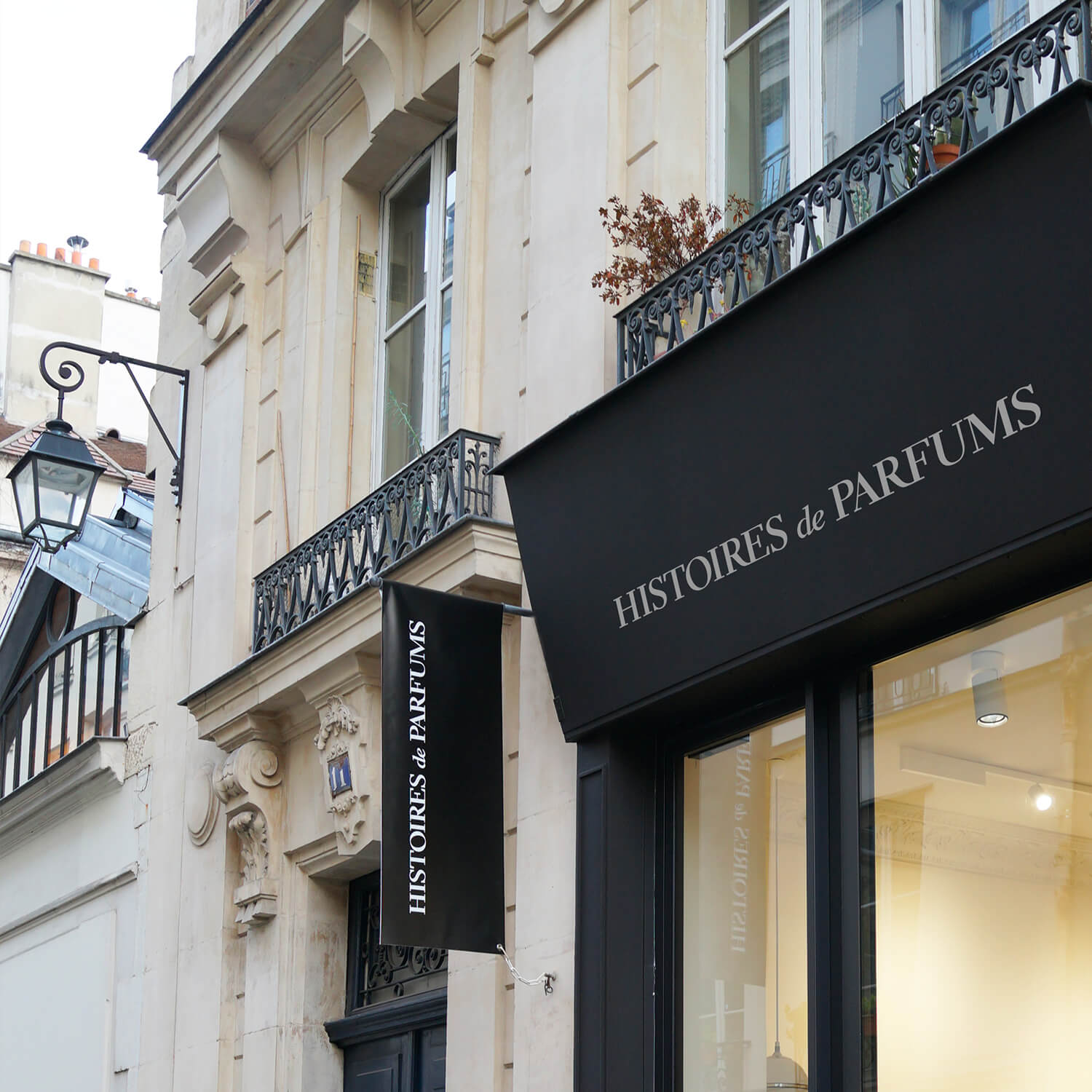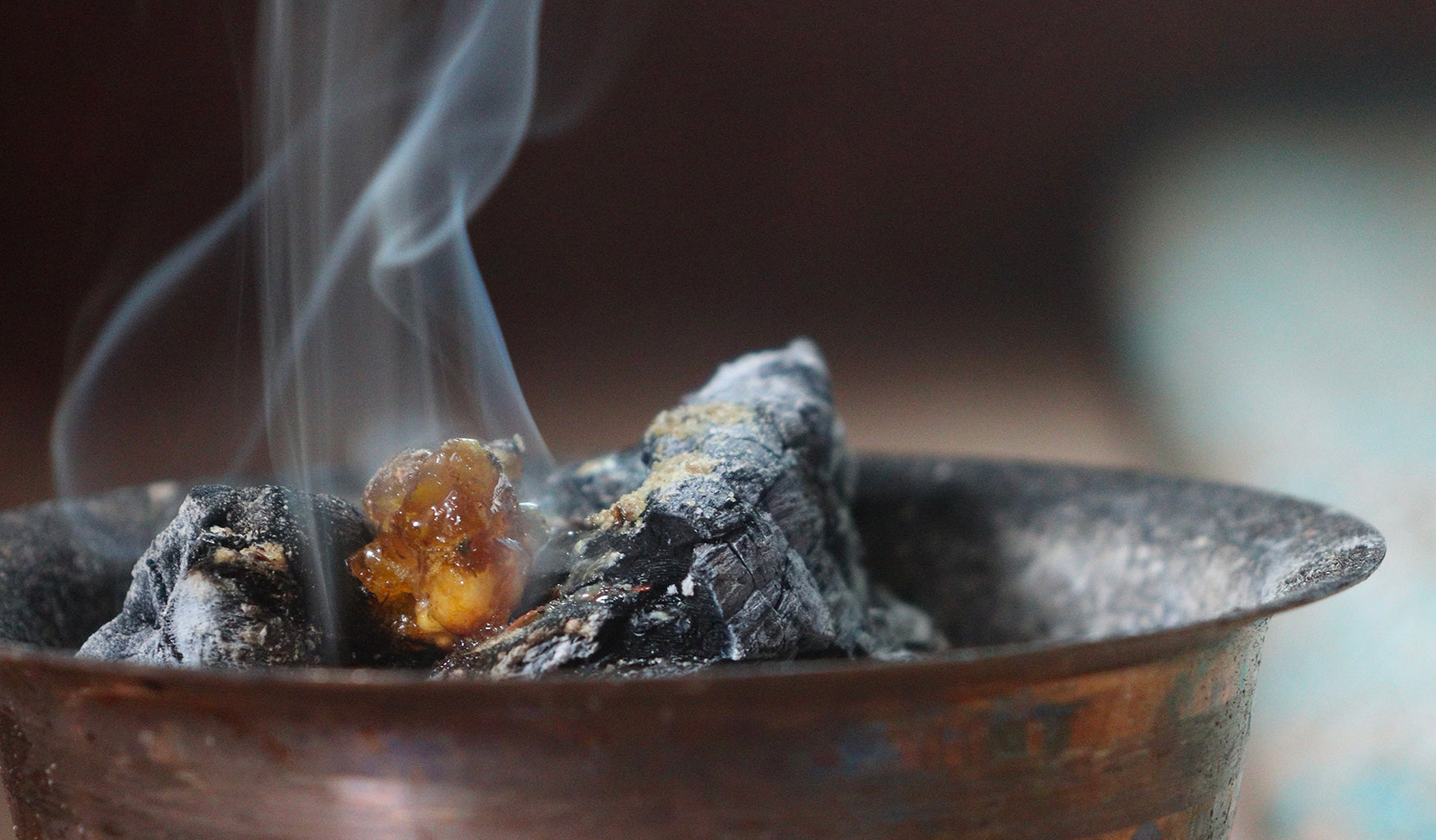
A story of...Chypre.
Autumn rises and with it the multitude of its characteristic odours. The air, ripe with a smell of moss and damp earth, of fallen leaves, of ripe mushrooms and dried colchicum invites us to appreciate the richest, most enigmatic, most decated and underrated olfactive family of all: the chypre.
Although the term has been used in French since the 14th century, it is only after 1917 that it assumed the definition we know today, that is a perfume built on an accord of Bergamot, Rose, Jasmine, Labdanum, Oakmoss and Patchouli. This year, a man revolutionised the world of perfumery. His name? François Coty.
Born in Corsica in 1874 and taught in Grasse, Coty discovered the world of perfumery in the midst of a crucial shift. The growing popularity of Cologne Waters opened a door towards lighter, more crystalline fragrances with flowers and aromatics becoming more prominent than resins and animalics. In 1904, he creates Rose Jacqueminot, the perfume that made him famous when he purposefully shattered a bottle on the floor of the Grands Magasins du Louvre. Story has it that the customers were so enthused by the perfume that it sold out the very same day. During the following ten years, Coty will experiment, follow, influence and perfect the fashion of his era and from his creativity will come a sane rivalry with Aymé Guerlain. In 1917 however, Coty will try to innovate an old and sibylline genre by launching his Chypre.
For he wasn’t the first French perfumer to create one. In 1850 already, Guerlain created the Eau de Chypre and Rimmel will launch his in 1880, Lubin in 1898 for Guerlain to come up with another one, Chypre de Paris, in 1909. Coty is thus the perpetuator of a known tradition with the sole exception being that his style will entirely transform the history of perfumery, create a new genre and allow for masterpieces to be born.
For the chypres that Coty knew were not exactly referring to any particular accord, this generic term vaguely referred to a contrast between dark and light materials, so vaguely in fact that the meaning of the word is nowadays still controversial. Some think it has to do with the isle of Cyprus, some others think it comes from the Latin name of the nutsedge, “cyprus esculentus” whilst others still think it refers to the “moss of Cyprus”, a white oakmoss that was already famous in the Roman era.

According to Greek mythology, Aphrodite was actually born in Cyprus, the “island of beauty” boasting a great number of temples dedicated to her, amongst which the renown temple of Paphos. This link between Aphrodite and Cyprus could explain the interest they had in perfume-making for it wasn’t only used to anoint the statues of the goddess but the island’s maidens too. For centuries, Cyprus will refine its art of perfumery through trading with foreign cultures and it will become known in the Mediterranean as “the isle of perfumes”.
If there is something of which we can be sure, it is that Cyprus was a source of inspiration for perfumers and if Eau de Chypre evokes the Cypriot seashore with its abundance of aromatics and labdanum, Coty’s Chypre however seems to have been the dream of an aesthete who dreamt of marking his era. It is that simplicity of a rapport between top notes and base notes that will enable the chypre family to keep reinventing itself – Chypre will beget Mitsouko, Miss Dior, Aromatics Elixir, Kouros and more recently, our creations 1876 and Noir Patchouli. Although they were not meant to evoke neither the island nor the moss, they are fundamentally chypre.

1876 showcases its sensual clarity, Noir Patchouli transcribes its obscure translucency.





Leave a comment
This site is protected by hCaptcha and the hCaptcha Privacy Policy and Terms of Service apply.